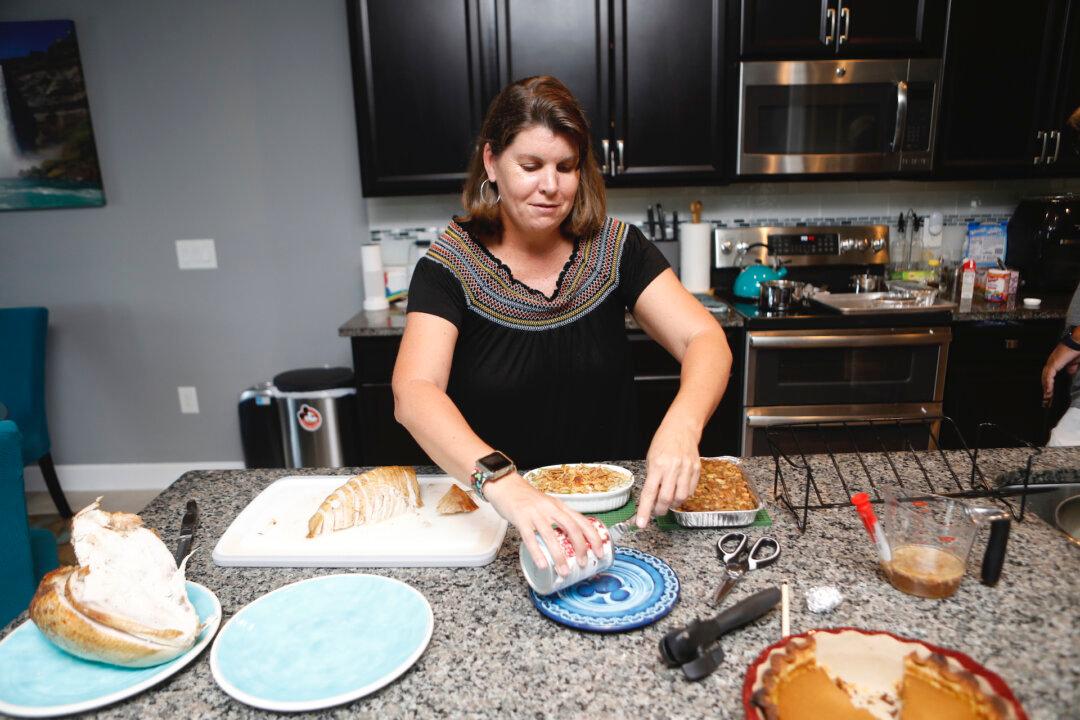On the verge of celebrating Thanksgiving with her family, Melissa Ngo wasn’t happy after her grocery shopping trip. The high price of gasoline has cut into her family’s budget for everything, she said.
She’s now having to shop at three different grocery stores—Giant Eagle, Marc’s, and Aldi—to find the lowest prices.




